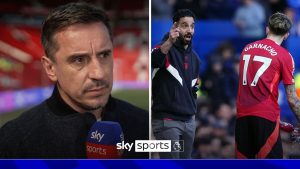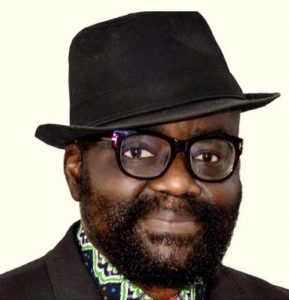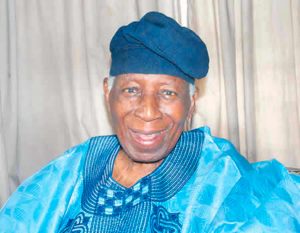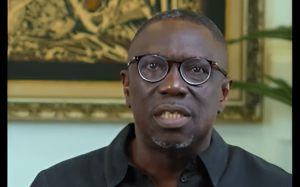Column: Baseball is doomed on Florida’s Gulf Coast
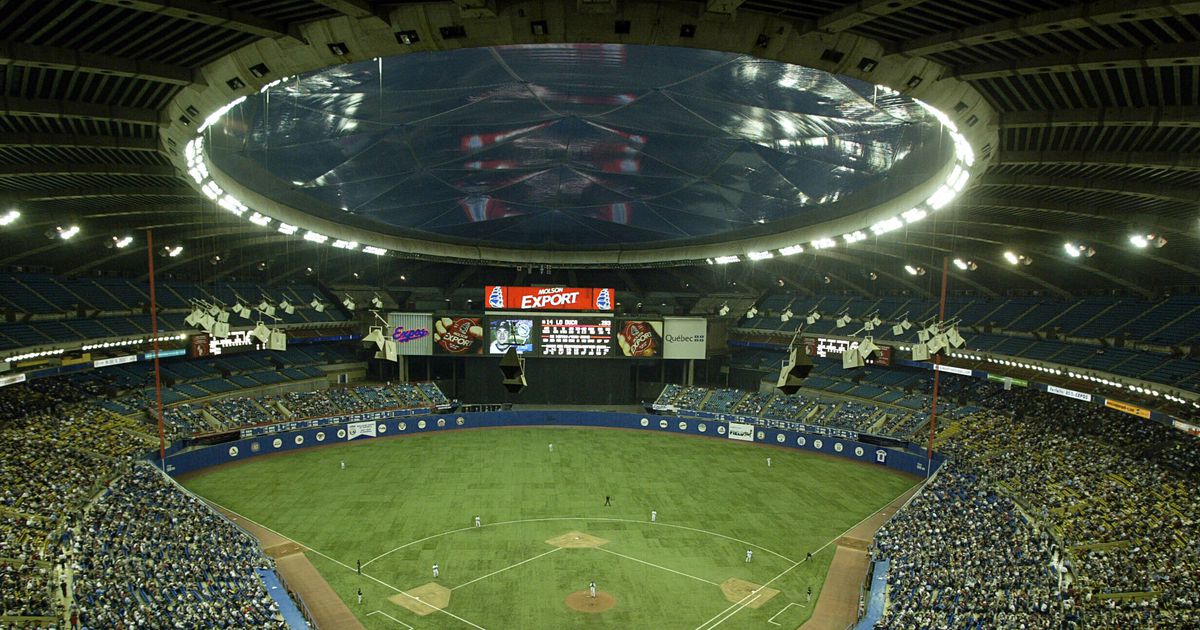

Baseball is doomed on Florida’s Gulf Coast.
Sure, they’ll still have spring training, not to mention sparkling beaches and early bird specials.
But the Tampa Bay Rays will become the Montreal Expos (Version 2.0) in the not-too-distance future.
Or, if that doesn’t pan out, there are potential backup plans in Portland, Charlotte and Nashville — maybe even Las Vegas, the once-scorned city of sin that every league now wants to be in.
The Rays formally became lame ducks with word that Major League Baseball is allowing the team to explore the possibility of playing part of its schedule in Montreal, a jarring but not really surprising development that is almost certainly the precursor to this long-troubled franchise finding a permanent home far away from Tampa Bay.
There is much work to be done, for sure.
A pesky lease at the Tropicana Field that runs through 2027. The lack of a new stadium in Montreal. Not to mention the more immediate issues that are sure to crop up from a team playing “home” games in two cities that are roughly 1,300 miles apart.
But, rest assured, there won’t be a team in Tampa Bay a decade from now — and, in all likelihood, the end will come several seasons earlier.
There was a giddy reaction north of the border, where the original Expos resided from 1969-2004 before moving to Washington and becoming the Nationals. Montreal still has a devoted base of baseball fans and deserved a better fate the first time around. Another version of the Expos would have a strong shot at long-term success under the right circumstances — most notably, deep-pocketed ownership and a new ballpark.
Both requirements are moving toward reality.
Stephen Bronfman, son of the Expos’ original owner, Charles Bronfman, is spearheading the drive to bring baseball back to Montreal. He appears to be far enough along in his efforts that MLB agreed to the extraordinary step of exploring a two-city solution for the Rays’ financial woes.
“I think we’re close,” Bronfman told reporters in March before the Toronto Blue Jays played an exhibition game at Montreal’s Olympic Stadium, which has become a well-attended tradition in recent years. “There’s a feeling in the air.”
Bronfman has moved to acquire a prime parcel of land that would be the centerpiece of a new stadium in Montreal. While he’s continually preached patience, no doubt mindful of how the Expos failed in their numerous attempts to replace the Big Owe, it’s clear that a path is being cleared for baseball’s return.
The Expos, let’s not forget, drew over 1 million fans their first six years even while playing at tiny Jarry Park. After moving to Olympic Stadium in 1977, they drew more than 2 million fans four times and were one of the more popular teams in the National League through much of the 1980s.
“It was a destination spot,” said Steve Rogers, a five-time All-Star pitcher for the Expos. “I have no doubt that the city of Montreal would go over the top now to embrace a major league team.”
The Expos’ fortunes turned after Bronfman sold the team in 1990.
As new, retro-themed parks sprung up around the majors, Olympic Stadium became increasingly obsolete and even began to fall apart. Montreal began selling off its star players, which caused disgusted fans to abandon the team. Jeffrey Loria got his hands on the franchise, which effectively sealed its fate.
At the end, the Expos were owned by MLB, which simply wanted to shut the team down. When contraction was blocked, the Expos played part of their last two seasons in Puerto Rico before new ownership was secured in Washington.
While the Puerto Rico experiment reeked of desperation, not to mention imposed some hellacious road trips on the Expos, MLB is exploring a different two-city solution this time around. Apparently, the team would play the first half of the season in St. Petersburg and the second half in Montreal, which would provide a bit more stability in scheduling.
Of course, it’s not a long-term solution in any way, which brings us back to why this is simply just an interim step toward a total relocation of the Rays.
MLB’s last expansion was more than two decades ago. Owners, faced with a troubling decline in attendance, would love nothing more than two cash in on the financial windfall of two new franchises. But Commissioner Rob Manfred has made it clear that expansion won’t be considered until stadium issues in Oakland and Tampa Bay are resolved.
The Athletics seem to be further along, unveiling plans for a new waterfront park they hope to open by the 2023 season. While numerous other proposals to replace the antiquated Coliseum have failed, MLB seems much more invested in keeping baseball in Oakland, especially since the A’s will soon be the only game in town with the departure of both the NBA’s Golden State Warriors and the NFL Raiders.
The Rays have also made several pitches for a new stadium, most recently a tiny, translucent-roof facility crammed into the historic Ybor City neighborhood of Tampa. That effort collapsed last December, which was apparently the final straw for MLB.
Tampa Bay has defied the financial odds to remain competitive — currently holding down one of the AL’s wild-card spots — and even changed the way the game is played with innovations such as the “opener.” Even so, the Rays have consistently ranked near the bottom of baseball in attendance. Last month, they drew less than 6,000 fans for a game against Toronto.
If the powers-that-be can figure out a way to get out of Tropicana Field lease (translation: how many millions will it take) and finalize plans for a new stadium in Montreal, that will effectively clear the way for expansion. Portland seems furthest along in efforts to get a new team, while Charlotte and Nashville have been mentioned as possible candidates. And don’t rule out Las Vegas, which opened a stunning new minor-league park this year and leads the minor leagues in attendance.
As if standing before a glittering slot machine, Major League Baseball has dollar signs in its eyes.
That means the Rays have to go.


